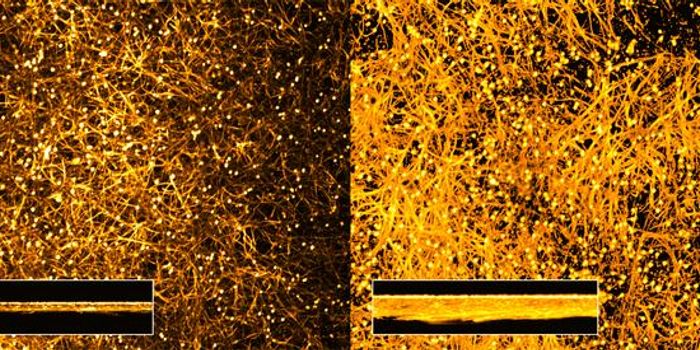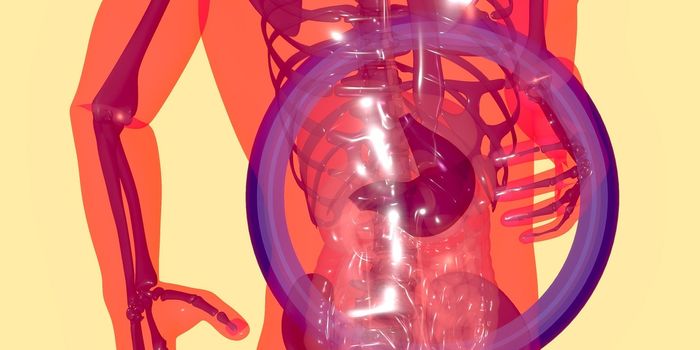Study Suggests Bacteria Can Be a Diabetes Treatment
Our bodies are host to trillions of microbes, many of which live in our gastrointestinal tract. Those gut microbes are closely related to many aspects of our health, and disruption in the gut microbiome has been linked with a wide variety of illnesses. As scientists learn more about the connections between the gut microbiome and various disorders, it may also be possible to treat those disorders by manipulating gut microbes. New research has suggested that certain gut microbes could be used to treat insulin resistance, which may prevent obesity or type 2 diabetes. The findings, which used a mouse model and gut microbes that are found in humans, has been reported in Nature.
Beta cells in the pancreas generate insulin, which is a hormone that helps control the levels of sugar, or glucose, in the blood. Insulin is released when blood sugar is high, which helps move the sugar to the liver and muscles so its energy can be used. When insulin resistance occurs, insulin becomes less effective, and more glucose stays in the blood, causing the body to produce even more insulin. Insulin resistance often leads to obesity, pre-diabetes, and type 2 diabetes.
Gut microbes are also thought to play a major role in the breakdown of carbohydrates that we cannot digest on our own. But there are so many type of gut microbes, it's been difficult to understand how gut microbes are related to the development of type 2 diabetes and obesity.
In this study, the researchers aimed to decipher this link. They analyzed the insulin resistance levels and metabolites produced by the gut microbiomes of more than 300 individuals using stool samples. This showed that people who had higher levels of insulin resistance also had higher levels of carbohydrates in their stool, particularly fructose, glucose, galactose, and mannose.
The investigators also found that people who had higher insulin resistance levels carried more bacteria of the Lachnospiraceae order. When there were high levels of Lachnospiraceae bacteria in a microbiome, there was a greater likelihood of insulin resistance and excessive sugars in feces. In contrast, people who carried higher levels of Bacteroidales bacteria were found to have lower levels of insulin resistance and fecal carbohydrates.
Next, the researchers assessed how Bacteroidales bacteria behaved when exposed to sugars. When grown in culture, the bacteria were found to consume monosaccharides like glucose, fructose, and mannose. The species Alistipes indistinctus was found to consume the greatest variety of sugars. When an obese mouse model was treated with A. indistinctus, blood sugar levels became lower and insulin resistance was reduced.
“Because of its association with insulin resistance, the presence of gut Lachnospiraceae bacteria could be a good biomarker for pre-diabetes. Likewise, treatment with probiotics containing A. indistinctus might improve glucose intolerance in those with pre-diabetes," suggested study leader Hiroshi Ohno of the RIKEN Center for Integrative Medical Sciences.
More research will be needed before people can use this treatment, and the researchers urge caution. “These findings need to be verified in human clinical trials before we can recommend any probiotic as treatment for insulin resistance,” added Ohno.









